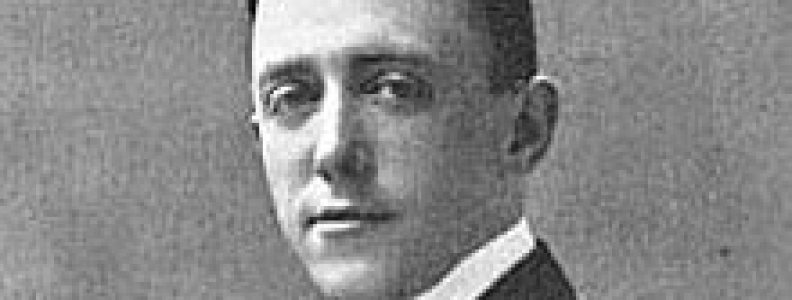George M. Cohan Transition
Along with the length of women’s dresses, music changes to meet the demands of the public, the people who buy tickets and therefore determine success. We know that, as musical tastes changed, there was a line of demarcation between composers who changed with the inclinations of the audience and those who did not. Those composers who were able to adapt to the changing musical styles continued to make progress in both composition and the performing arts, two things that are not the same but can be integrated.
It is important to understand that change does not wash away past art forms; for a while old and new forms of music continue to grow, side by side. However, over time, the chasm between older and newer attitudes widens so radically that old forms cease to attract a mass audience. At that point an era passes from a mass market to a niche market. There still are niche markets for “classical” symphonic and operatic music; their audiences are relatively small and these niche markets need charitable contributions in order to survive. Early Broadway also changed from a mass market to a niche market, and charitable foundations such as ours are needed to support this “classic” period of Broadway (1890-1943).
Even as Victor Herbert was reaching the prime of his career in 1903 with the production of Babes in Toyland, the next, really refreshing, “new sound” came from the pen of a brash, young performer, not a trained musician. George M. Cohan, a member of a vaudeville group, known as The Four Cohans, captured the spirit of a new nation with such tunes as “Yankee Doodle Dandy,” “Give My Regards to Broadway,” “It’s A Grand Old Flag.” His first great “musical melodrama” hit Broadway in 1904 (Little Johnny Jones, 1904.42), and the man standing at the podium in the pit, giving the actors their cues, was Charles Gebest. Gebest also is credited with orchestrating much of Cohan’s work, something Cohan could not do himself. Let’s listen to “Give My Regards to Broadway.”
So, our first two, great composers for the Broadway stage were Irish-Americans, the formal and reserved Herbert; and the cocky but personable Cohan. Both men would whole-heartedly support the war effort (WWI), once President Wilson committed America to fight Germany in 1917. One composition stands out now, as it did then: Cohan’s song “Over There.” It epitomized the attitude of a nation crossing the ocean to help its friends with the words, “And we won’t come back ‘til it’s over, over there.”

